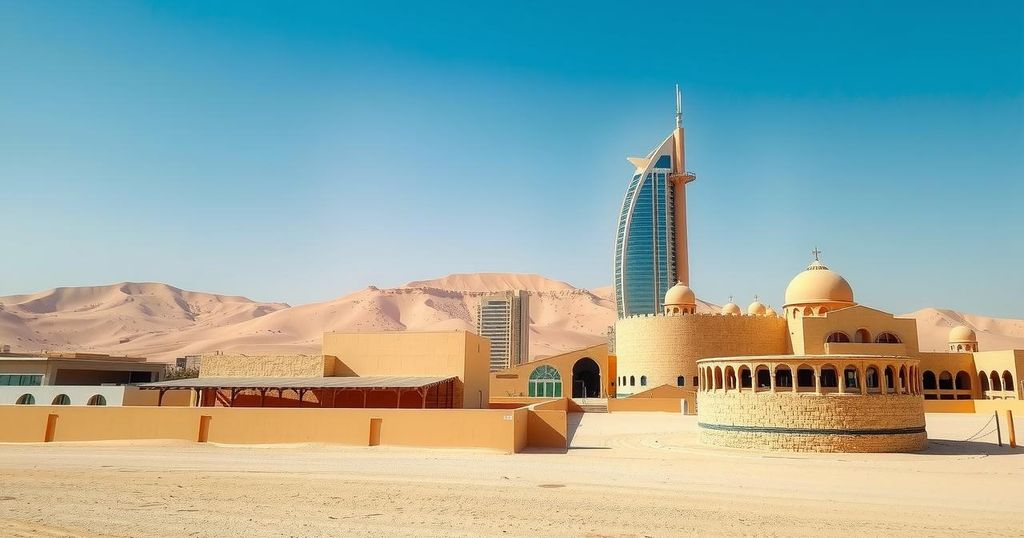UAE Sees Dip in Tourism from CIS Countries Amid Flight Disruptions and Traveller Fears
Tourism from CIS countries to the UAE has decreased due to flight disruptions and traveler fears linked to the Ukraine conflict. Russian travelers, a significant source of visitors, face challenges due to sanctions and economic uncertainty. Additionally, two emirates have banned shop sales of Zamzam water, limiting its commercial transaction but allowing it for personal use.
In recent news from the Middle East, the tourism landscape in the United Arab Emirates (UAE) is witnessing a notable downturn. This decline, mainly from Commonwealth of Independent States (CIS) countries, has been attributed significantly to flight disruptions and a growing trepidation among travelers. Gulf News reports that these issues stem from the ongoing conflict in Ukraine and the international sanctions following it, which have adversely impacted travel, particularly from Russia, a key market for the UAE.
More specifically, the limitations imposed by flight disruptions include airspace closures that have affected several routes and a decrease in available flights. The sanctions complicate aircraft operations as well. Travelers from CIS nations are facing various challenges rooted in economic instability at home and concerns about travel safety and reliability amidst this geopolitical turbulence. Plus, many are struggling with international financial transactions, making travel increasingly daunting.
In another significant turn of events, two emirates within the UAE have collectively decided to ban shops from selling Zamzam water. This decision, as reported by Khaleej Times, focuses on restricting the commercial sale of this sacred water, which is sourced from a well located in Mecca, Saudi Arabia. The ban does not take aim at individuals who possess Zamzam water obtained through other means, like pilgrims bringing it back after performing Hajj or Umrah.
These developments showcase the ripple effects of geopolitical conflicts on regional tourism, as well as regulatory decisions that impact cultural products like Zamzam water. The current state of affairs in both tourism and retail illuminate the broader ramifications of ongoing global tensions and regulatory measures in the UAE, which anchors heavily on tourism revenue from various international sources.
In conclusion, the UAE is experiencing a dip in tourism from CIS countries mainly due to flight disruptions and traveler apprehensions. The ongoing conflict in Ukraine and resulting international sanctions notably impact Russian travelers, leading to an uncertain economic atmosphere. Meanwhile, the recent ban on the commercial sale of Zamzam water in two emirates indicates heightened regulatory scrutiny regarding traditional and religious items. These developments collectively highlight the intricate ties between geopolitical climates and local economies in the UAE.
Original Source: www.moneycontrol.com




Post Comment